Pumps and Compressors are widely used hydraulic machines in chemical, oil & gas, refinery, and petrochemical industries. Both of them even find applications in domestic usage. Both Pumps and Compressors are machines that increase the pressure from the inlet side to the discharge side. Because of this, sometimes the terms “pump” and “compressor” are used interchangeably. However, there are some distinct differences between a pump and a compressor.
By definition, a pump is a mechanical device used to move liquids (or sometimes slurries) from one place to another. It works by adding energy to the fluid, causing it to flow. On the other hand, a compressor is a mechanical device that increases the pressure of a gas by reducing its volume. Unlike pumps, compressors are used exclusively for gases. In this article, we will discuss some major differences between a Pump and a Compressor.
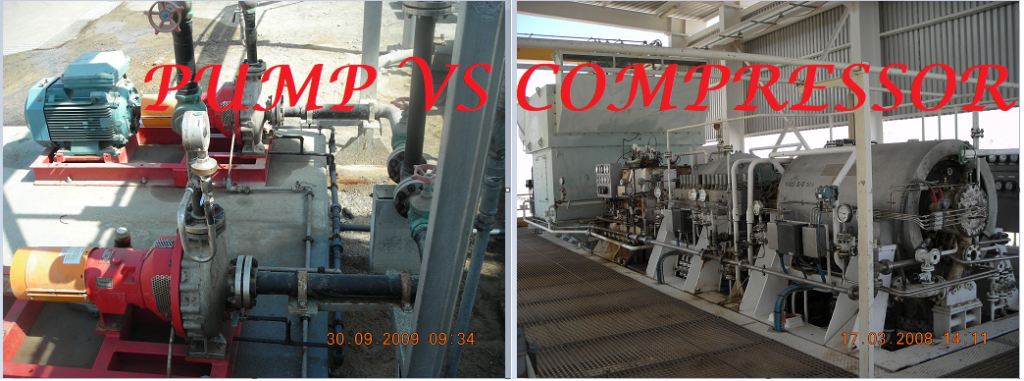
1. Pump vs Compressor: Flowing Media
Pumps are best suited for incompressible fluids like water, oil, liquids, etc. However, they can operate on gases, or mixed fluid mediums as well. But, compressors operate only for compressible mediums like air, gas, vapor, etc. Compressors reduce the volume of the gas whereas in pumps as it mostly moves incompressible fluid the volume remains unchanged.
2. Pump vs Compressor: Working Principle
A pump forces fluid from one place to another by increasing its pressure. The mechanical energy from the pump engine is transferred kinetic energy to the flowing fluid which subsequently increases the pressure energy. Pumps operate on the principle of displacement. On the other hand, a compressor reduces the volume of gases while increasing the pressure, and the mechanical energy is stored in the gas as potential energy.
The main objective of a pump is fluid transfer whereas the main objective of a compressor is fluid compression. The increase in pressure makes the gas more usable for specific applications. Pumps mostly work for liquids there is no density and volume change. But for compressors density increases and volume decreases.
3. Pumps vs Compressors: Storage
Pumps do not have any storage facilities. It only takes the fluid from the suction pipe and discharges it into the outlet pipe. Compressors normally have storage facilities attached to them. So, it can store compressed gases and deliver them when required.
4. Compressors vs Pump: Cost
Pumps are economical whereas Compressors are costlier than pumps.
5. Pump vs Compressor: Cavitation
Cavitation is a characteristic of pumps and can cause pump failure. Compressors do not exhibit a cavitation phenomenon.
6. Pump vs Compressor: Complexity of Design Structure
Industrial Pumps are relatively simple in design as compared to the Industrial Compressors. In most cases, Industrial Compressors consume more workspace and are considered more critical as compared to pumps. Compressors have a more vibrating tendency as compared to pumps.
7. Pumps vs Compressors: Temperature Change
During the compression of air or gas in a compressor, heat is generated and the temperature of the flowing media increases as compared to the inlet temperature. But in pumps, such changes are not significant.
8. Compressors vs Pumps: Primary Operating Parameters
A pump is defined by the following basic operating parameters: Flow rate, Head, Specific speed, Efficiency, and Output power. On the other hand, a compressor is defined by Operating Pressure, Flow rate, Compressor power, and Efficiency.
9. Compressors vs Pumps: Primary Components
A pump consists of its casing, impeller, volute, motor, and shaft. Whereas, a compressor typically has a motor, storage tank, valves, drains, and intake filters.
10. Efficiency of Compressors vs Pumps
Pumps generally have high efficiency when moving liquids due to the lower compressibility of liquids.
At the same time, Compressors tend to be less efficient than pumps because gases are compressible, requiring more energy to achieve the desired pressure increase.
11. Pumps vs Compressors: Applications
Domestic Pumps are found in washing machines, cars, ships, airplanes, etc. Industrial pumps are found in every chemical, water, and power industry. They are also used as irrigation pumps, mining pumps, etc. Compressors are often found in the refrigeration and air conditioning industries, processing industries, breweries, refineries, technical gas plants (O2, N2 bottles); in pneumatic tools and automatics: shipbuilding, construction, vehicles, etc.
12. Maintenance Requirements for Pumps and Compressors
Pumps generally require maintenance to prevent issues like cavitation, seal failure, and bearing wear. Compressors, on the other hand, require regular maintenance to avoid problems like oil carryover, overheating, and wear of moving parts.
The above Differences Between a Pump and a Compressor are summarized as follows:
| Aspect | Pump | Compressor |
|---|---|---|
| Definition | Moves liquids by adding energy to them | Increases the pressure of gases by reducing their volume |
| Working Principle | Operates on displacement to move fluid | Operates by reducing gas volume to increase pressure |
| Types | Centrifugal, Positive Displacement | Reciprocating, Rotary Screw, Centrifugal |
| Medium | Incompressible fluids (liquids) | Compressible fluids (gases) |
| Energy Transfer | Direct energy transfer to liquid | Energy transfer by compressing gas |
| Applications | Water supply, irrigation, oil pipelines | Refrigeration, pneumatic tools, gas transmission |
| Efficiency | Generally high for liquids | Generally lower due to gas compressibility |
| Control | Valves, throttling, variable speed drives | Intake valve adjustment, speed change, bypass control |
| Design Considerations | Viscosity, flow rate, pressure head | Gas properties, pressure ratio, temperature rise |
| Maintenance | Preventing cavitation, seal, and bearing wear | Avoiding oil carryover, overheating, and part wear |

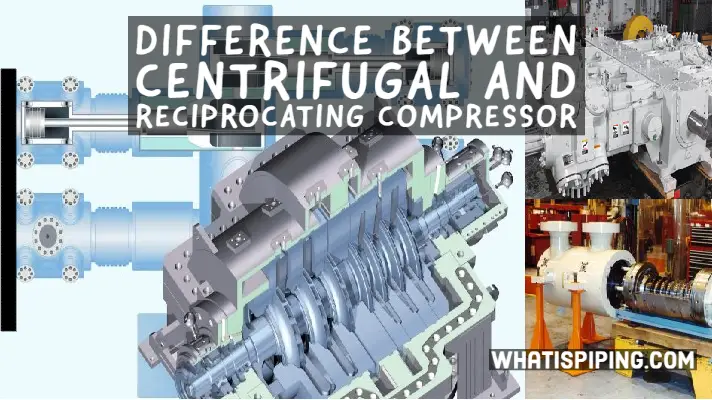
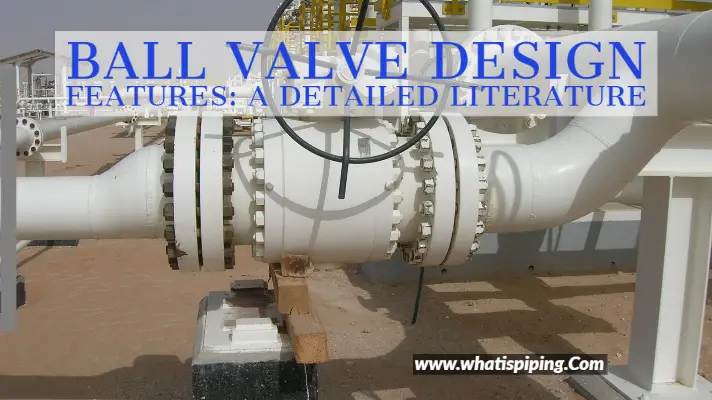
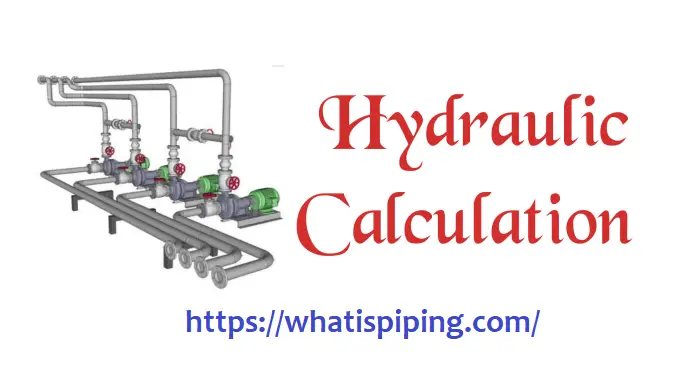
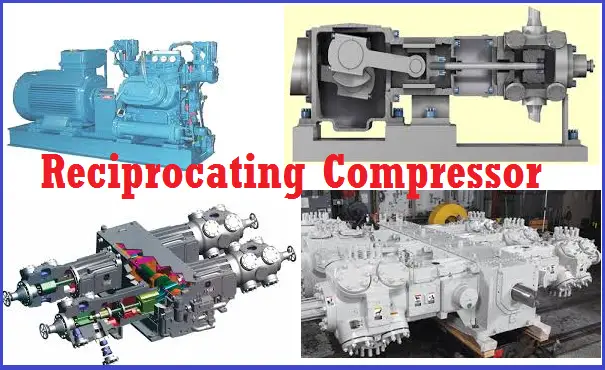
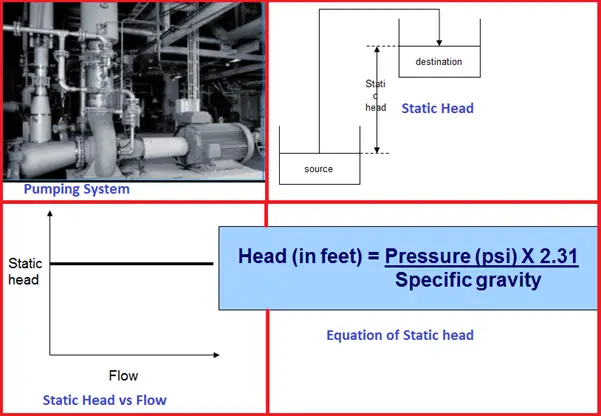
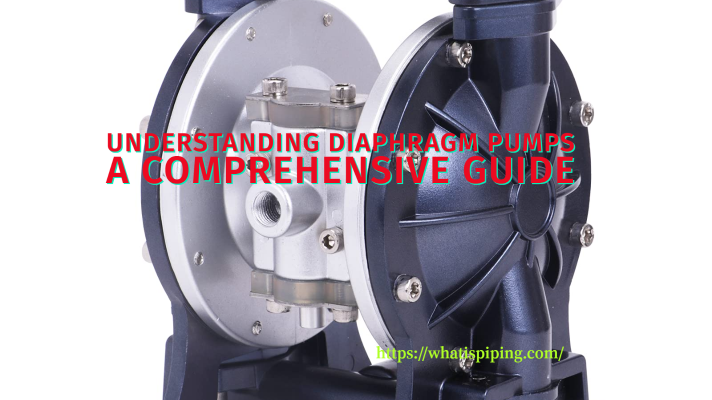
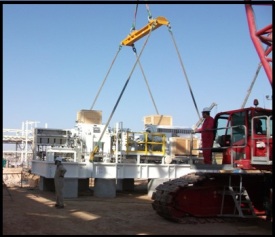
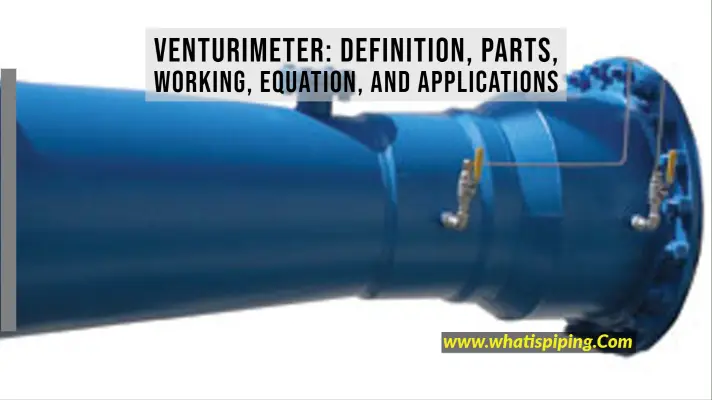
Your work is verymuch helpful
I also run a youtube channel and trying to do more on that. Hope to get some connection and discussion for further joint videos or some new stuff assistant.
My channel name is
implantengineering
this is very useful sir. pump & compressor
I appreciate all your work in this blog. Congratulations and i hope you follow provide us knowledge
So pumps move liquids, and compressors compress and store gases. But what if I want to move gas, without wanting to store it? What do I use?
Gracias por tú información técnica.
Muy valiosa.
Saludos.
Alberto Uribe.
Construction Piping Supervisor.
Colombia.